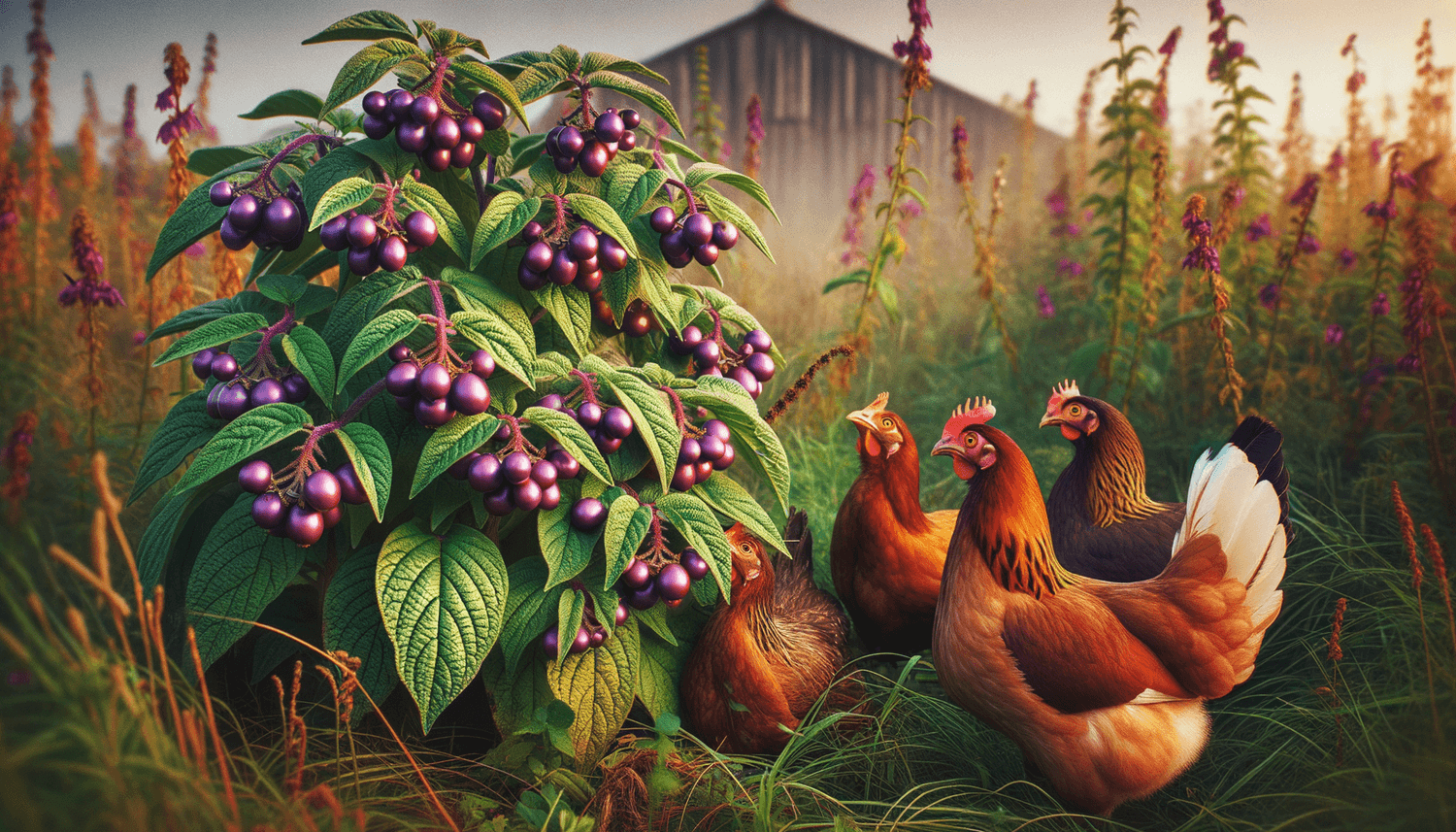No, chickens cannot eat nightshade. Nightshades contain solanine, a glycoalkaloid poison that can be toxic to chickens, especially in high amounts. Nightshade (Solanaceae family) plants include tomatoes, potatoes, eggplants, and peppers in their unripe form, as well as other less well-known species that could be more toxic.
Quick Summary
- Chickens cannot eat nightshade.
- Nightshade plants contain solanine, which is toxic to chickens.
- There are significant risks with no clear benefits to feeding nightshade to chickens.
- Since nightshade can be harmful, it should be excluded from a chicken’s diet.
Overview of Nightshade
The term “nightshade” refers to plants from the family Solanaceae. Common varieties like tomatoes, potatoes, eggplants, and peppers are often included in this group. While they can offer nutritional value to humans when ripe, the presence of solanine in unripe or green parts makes nightshades potentially harmful to chickens.
Benefits and Risks of Nightshade for Chickens
Nightshade plants inherently possess no benefits for chickens due to the solanine. The risks, however, include solanine poisoning which can lead to gastrointestinal distress, lethargy, and in extreme cases, death.
Feeding Guidelines
Given the risks associated with nightshade plants, feeding them to chickens is not recommended. A good rule is to keep your flock away from any part of these plants, including the leaves, stems, and unripe fruit.
Alternatives
For the safety and health of chickens, offering other fruits and vegetables, such as apples, carrots, or cucumbers, is preferred. These foods can provide vitamins and nutrients without the risk of toxicity.
Expert Opinions
Poultry nutritionists and veterinarians uniformly advise against feeding nightshade plants to chickens, emphasizing the importance of safe and nutritious food choices to maintain the health of backyard flocks.
Frequently Asked Questions
If you’re considering the dietary options for your backyard chickens and have questions about nightshade plants, here are some answers that can help guide your decisions.
What symptoms should I look out for if my chicken consumes nightshade by mistake?
Look for signs of solanine poisoning such as reduced appetite, weakness, increased salivation, gastrointestinal upset, or even paralysis. If any of these symptoms occur, contact a veterinarian immediately.
How can I prevent my chickens from accidentally eating nightshade?
Prevent access to areas where nightshade plants grow and be cautious about plant debris that may end up in their habitat. Regularly inspect the chicken’s environment to remove any hazardous plants.
Are the ripe fruits of tomato plants also harmful to chickens?
Ripe tomatoes themselves are generally safe for chickens in moderation, but parts of the plant, like the leaves, stems, and any green fruit, still contain solanine and should be avoided.

















